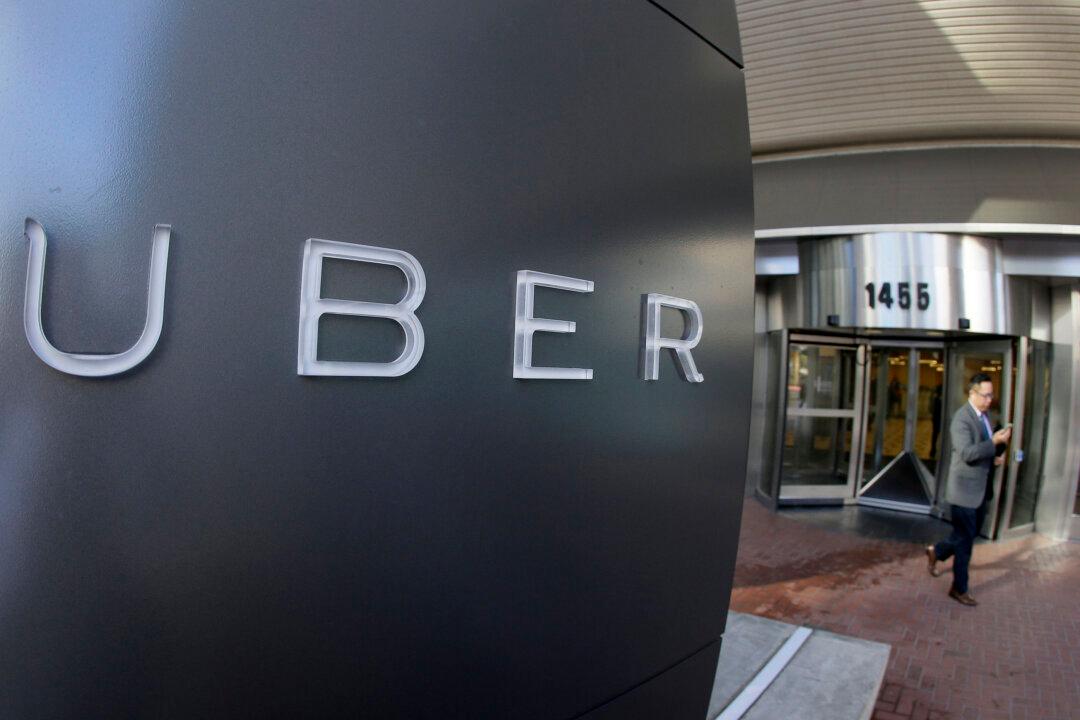The Uber ride-hailing service was stripped of its London operating license on Monday for the second time in just over two years, subject to appeal, after the regulator found a “pattern of failures” on safety and security.
A change to Uber’s systems allowed unauthorized drivers to upload their photos to other drivers’ accounts, meaning they could pick up passengers as if they were the booked driver, Transport for London (TfL) said. This happened in at least 14,000 trips.





